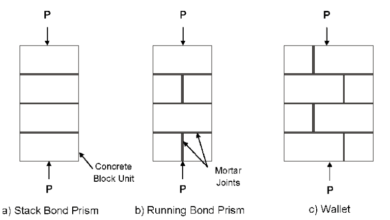Derivatives vs. Stocks: What’s the Difference and Which is Right for You?

Investors often face the dilemma of choosing between traditional stocks and more complex financial instruments like derivatives. Both options offer unique benefits and risks. Understanding how derivatives and stocks differ can help investors make informed decisions, especially when engaging in options trading.
What Are Stocks?
Stocks represent ownership in a company. When you buy a stock, you own a portion of that company and may be entitled to dividends. Stocks offer potential for capital appreciation, where the value of the stock increases over time. In the long run, they can yield significant returns, but stock prices can be volatile. Unlike derivatives, stocks are straightforward financial assets that are typically easier to understand for beginners.
In option trading, investors might use derivatives to hedge against the risk of declining stock prices. For instance, purchasing put options can protect against potential losses in a stock portfolio. While stocks offer long-term value through ownership, derivatives like options provide flexibility for managing risk.
What Are Derivatives?
Derivatives are financial instruments that derive their value from an underlying asset, such as a stock, commodity, or index. Popular forms of derivatives include options, futures, and swaps. The primary advantage of option trading in the derivatives market is that it allows investors to speculate on price movements or hedge against potential losses without directly owning the underlying asset.
Compared to stocks, derivatives offer more complex strategies. For example, with option trading, you can use call or put options to benefit from rising or falling stock prices without having to purchase the actual stocks. This flexibility is one of the major advantages of trading derivatives over traditional stocks.
Risks and Rewards: Stocks vs. Derivatives
The risk profiles of stocks and derivatives differ significantly. Stocks tend to be more stable over the long term and offer dividends, whereas option trading and other derivative instruments can be riskier due to their leverage potential. While the potential gains from derivatives can be higher in a short period, the losses can also be more severe if the market moves against your position.
For instance, in options trading, if the option expires out of the money, the entire premium paid for the option may be lost. On the other hand, stocks maintain some intrinsic value unless the company goes bankrupt. Derivatives are often used by more advanced traders who understand the risks and rewards associated with these instruments.
Which is Right for You?
If you are a beginner investor with a Demat account, starting with stocks may be a safer option. Stocks allow you to build a portfolio over time and offer a more straightforward way to invest. On the other hand, if you are experienced in options trading and comfortable with the risks of derivatives, these instruments can offer more advanced strategies to profit from both market ups and downs.
Derivatives like options can also be used as a hedge, making them a valuable tool for reducing risk in a portfolio. However, for someone new to options trading, gaining a deep understanding of how derivatives work is crucial before diving in.
Conclusion
Both derivatives and stocks have their place in an investment strategy. Stocks provide long-term growth potential through ownership, while derivatives offer flexibility and risk management through tools like options trading. Understanding your investment goals and risk tolerance will help you decide which asset class is best for you.





